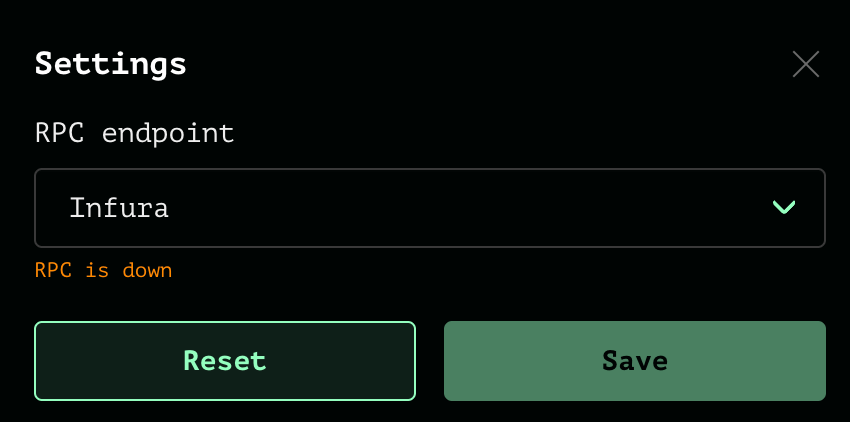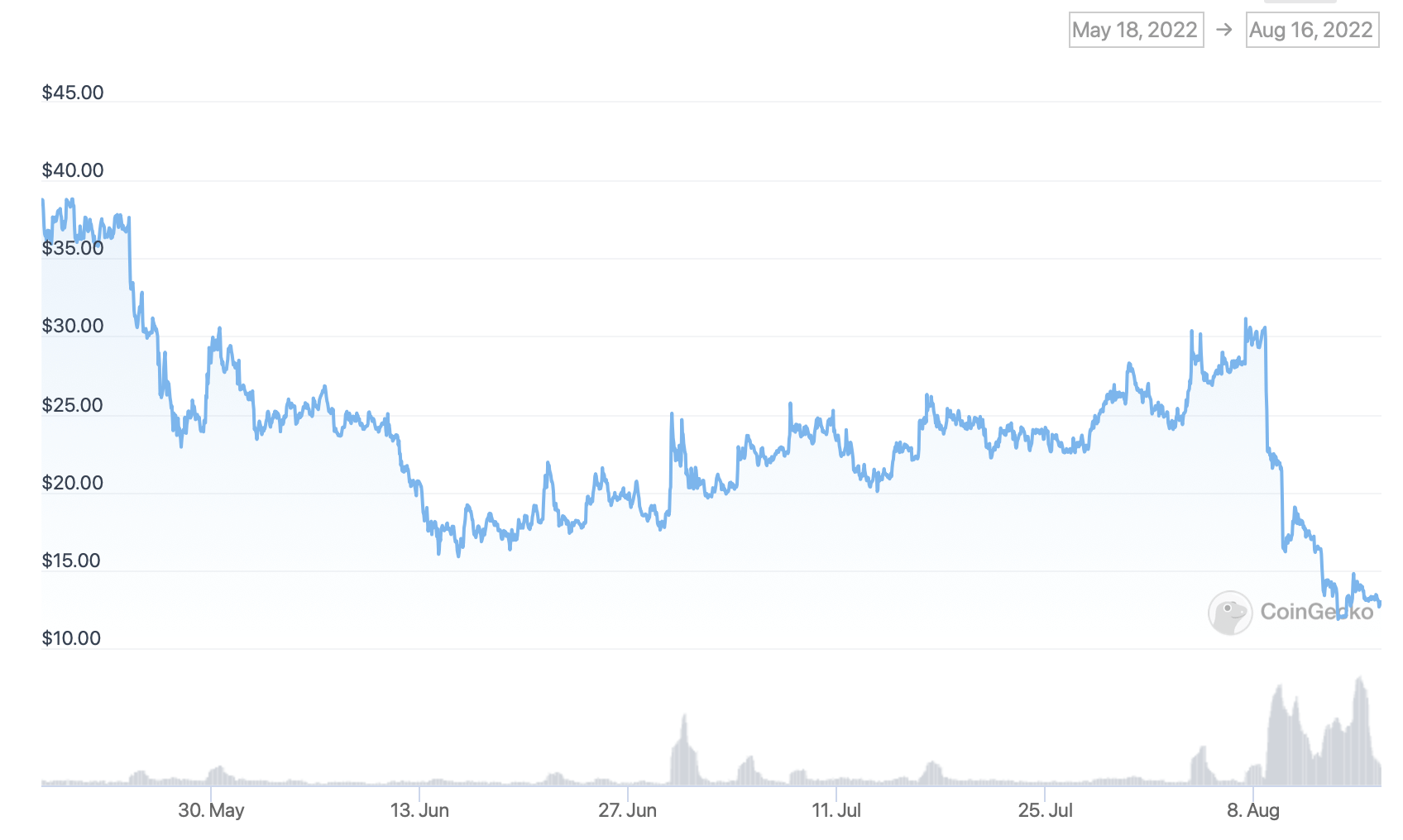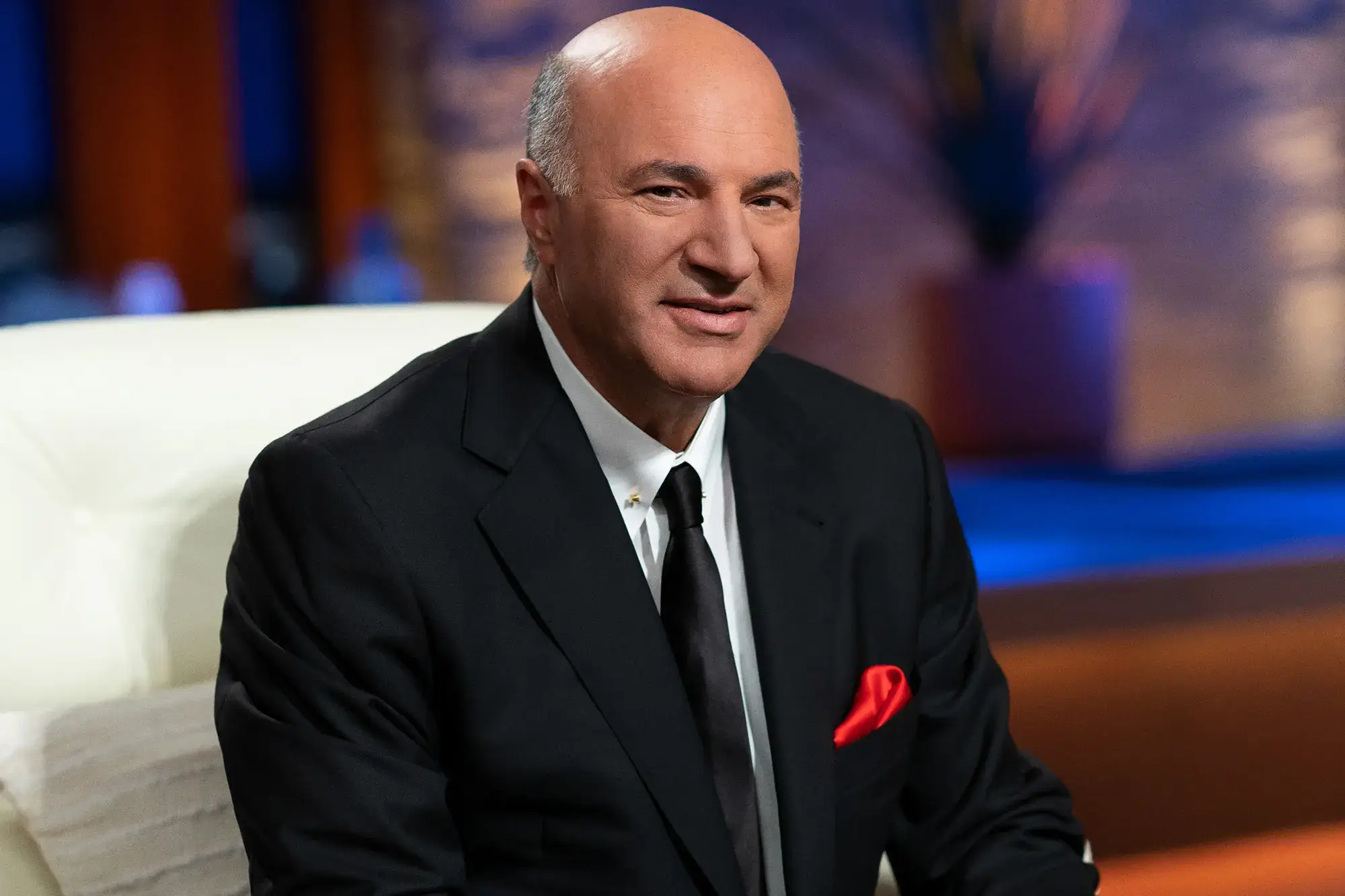Tornado Cash faces new problems, but US authorities want to challenge sanctions
Remember the recent problems with cryptocurrency mixer Tornado Cash, which landed on a sanctions list from the US Office of Foreign Assets Control? Its troubles didn’t end there. Now the decentralised, autonomous Tornado Cash DAO, which runs the cryptomixer, has officially disbanded. One of the project’s development team members, under the pseudonym TC Member, was interviewed by CryptoSlate and admitted that the platform simply can’t stand up to the US government. We will tell you more about what’s going on.

Recall that addresses associated with the mixer have been blocked due to sanctions by representatives of the US authorities. The reason for the platform’s restrictions was money laundering, for which Tornado Cash was directly accused.

RPC request blocking for Tornado Cash by Infura
What will happen to Tornado Cash
TC Member said that the so-called multisig wallets DAOs have been removed and the remaining funds of the service have been returned to the smart management contract.
As a reminder, multisig wallets or so-called multisignature wallets are created to conduct a transaction after it is signed by multiple private keys. In this way, the representatives of the decentralised autonomous organisation want to hide the connection with the various project participants, so that sanctions would not affect them in the future.
That is, it was done to avoid prosecution under the law of any of the Tornado Cash team members. Here is the relevant quote.
Multisig wallets are shutting down the DAO. We all don’t work on the project. Better to reassure ourselves and wait for the hype to die down. Tornado Cash can’t stand up to the US government.

Tornado Cash’s native token exchange rate over the past three months
The fact that funds have been withdrawn from multi-signature wallets speaks to the virtual absence of decentralised project management, a principle that is the foundation of any DAO. That is, the organisation is essentially no longer able to perform its tasks and manage the funds available.
TC Member also revealed more details about the recent arrest of one of the platform’s developers in the Netherlands. Tornado Cash co-founder Roman Storm “a few days ago” sought lawyers in the country to “help Alexei”. The arrestee’s name is most likely Alexey Pertsev, who is one of the service’s programmers.
Read also: How to determine the length of Bitcoin's market cycle: an answer from Glassnode analysts.
The Tornado Cash situation was received negatively by most crypto-enthusiasts: many said that sanctions against the platform are an attack on decentralisation and privacy in the cryptosphere, as well as freedom of speech in general. However, not everyone shares this view – for example, Kevin O’Leary, millionaire and host of financial TV show Shark Tank, endorsed OFAC’s actions during his recent interview in the YouTube video channel Crypto Banter.
O’Leary is convinced that Tornado Cash is part of the “Wild West” culture of the crypto market, i.e. an unregulated phenomenon that only hinders the development of the industry. Such platforms need to be sacrificed to attract institutional capital, and hence the growth of Bitcoin. O’Leary also shared his thoughts on Pertsev’s arrest. Here’s his rejoinder, cited by Cointelegraph.
At the end of the day, the guy’s arrest is justified. Why? He’s playing with tremendous regulatory power. If we have to sacrifice him, so be it, because we need more stability and institutional capital.
As you can see, O'Leary believes that to attract investment sharks, the digital asset market could completely abandon its fundamental principles of decentralisation and privacy. The millionaire's priority now is precisely large financial inflows into the crypto market, although he has previously spoken positively about Bitcoin on more than one occasion. However, O'Leary is now completely wrong - trying not just to regulate, but to target pressure on individual platforms is not going to do any good.
In addition, it must be understood that privacy is not a characteristic that is solely needed by criminals. In fact, transaction privacy can easily be exploited by ordinary people who simply do not want their assets to be traceable. So it should not be taken as a default bad thing – after all, privacy is essentially considered an inalienable right of every person.
It should be noted that the day before Tornado Cash was used by the platform, Efirium developer Vitalik Buterin confirmed its use. He stated that he had been shuffling the coins before sending them to charity. That is, in this case, Vitalik simply wanted the cryptocurrencies for donations to be untraceable.

Shark Tank host Kevin O’Leary
It’s important to note that some in the cryptocurrency community have decided to act in response to the US authorities’ decision. As it became known last night, representatives from Coin Center will try to challenge the sanctions. A spokesperson for the team, Niraj Agrawal, made a statement to that effect.
We believe OFAC has exceeded its statutory authority by sanctioning the Tornado Cash smart contract.
The Coin Center is exploring a court challenge. https://t.co/ssPbrSpkQX pic.twitter.com/AlZBxwyZhf
– Neeraj K. Agrawal (@NeerajKA) August 15, 2022
We don't think Team Tornado Cash will have any less problems anytime soon. Apparently, sanctions by the US authorities have made the platform "toxic", so far fewer people will want to interact with it. In addition, some platforms like Aave are already actively blocking addresses that previously received payments from Tornado Cash. So it looks like the US authorities are in a position to influence the decentralized asset and app industry.
What do you think about this? Share your opinion in our Millionaire Cryptochat. There we will discuss other important developments related to the blockchain and decentralisation industry.















